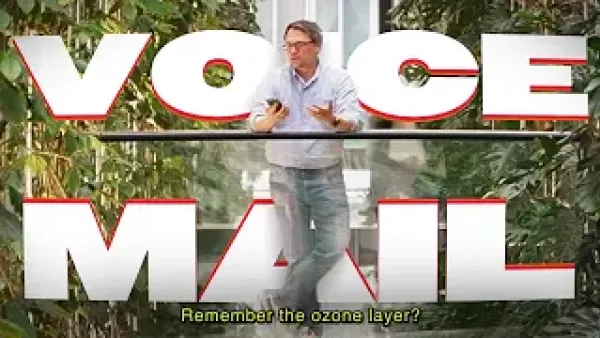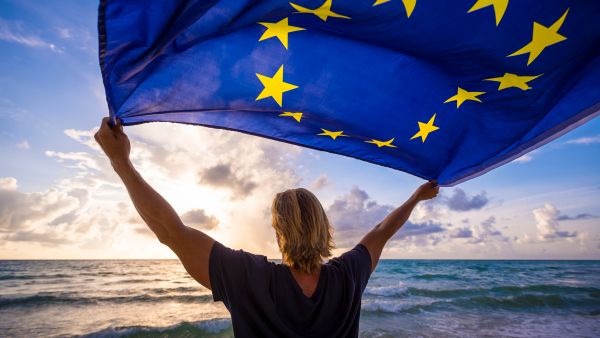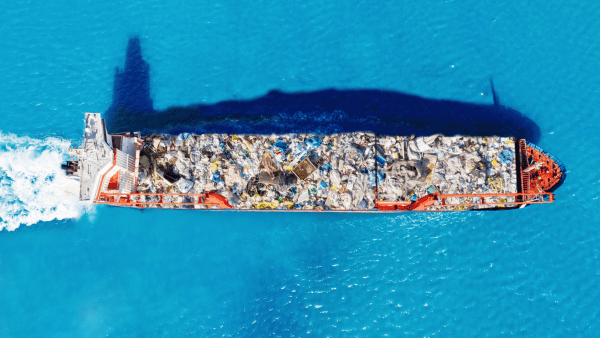If the European Union wants to curb emissions, address climate change and meet the commitments made in Paris, member states must commit themselves seriously to reduce emissions. The final agreement between the Council and the European Parliament on the Effort Sharing Regulation (ESR) falls short of what’s needed and this is why Socialists and Democrats decided not to back it and abstained today when it was voted on by the environment committee in the Parliament.
The ESR covers 60% of the EU’s greenhouse gas emissions, addressing the transport, buildings, agriculture and waste sectors. The existing 2030 target of reducing emissions by 30% in the sectors not covered by the EU Emissions Trading System (ETS) is not enough to comply with the goal of keeping the temperature rise ‘well below 2°C above pre-industrial levels,’ so the ESR is a crucial instrument.
S&D spokesperson on environment, Miriam Dalli MEP, said:
“Without appropriate national goals it will be impossible to implement the Paris Agreement on climate change. It was evident that there was a lack of ambition and initiative both at the Council and at the European Commission level to ensure proper measures and initiatives. We regret that the Council was not willing to move, even though several member states gave many nice speeches about the urgent need to address climate change.
“The EU as a whole risks its leadership and reputation in the global fight against climate change. In Paris, we all agreed to do our best to limit the temperature increase to 1.5°C above pre-industrial levels. Well, now is the time to deliver, but I don’t see the will to act.
“The Parliament had a strong mandate to reduce the surplus in the system by 570 million tonnes of emissions, while we saw a weak Council which was not ready to move from barely above 100 million tonnes and a Commission that failed to play the role of a neutral broker.
“UN experts keep warning us that we are already missing the targets and the consequences may be extremely serious. We are already seeing extreme weather phenomena, not only in Europe, but also growing numbers of climate refugees over the world. Citizens keep telling us that they want their politicians to take this challenge seriously and we expect governments across the EU to address the issue and not waste time on fancy speeches alone.”
Related content
Find out more







